Have you ever been at the lab bench mindlessly performing a repetitive task, wondering if a robot would be better placed for the job? Despite many industries having utilised full automation of workflows for decades, the use of robots in chemistry laboratories is a relatively new domain. Yet, automating laboratories can save time and money by optimising reactions, improving efficiency, as well as manipulating large datasets, leaving you with valuable time for other research assignments. After all, machines don’t need coffee or comfort breaks!
There’s a lot to think about, though, when it comes to setting up an automated workflow or integrating robotics into established laboratory routines. Can robotic lab assistants cope with the wide range of duties required for laboratory research, some of which demand adaptive and analytical skills? And how much does it cost, in time and money, for you to set-up a fully automated routine?
During this webinar we look to the future of automation in the lab and what it means here and now. Throughout the hour you will meet chemists who have successfully incorporated lab automation into their research, working alongside robots assigned to a wide range of laboratory roles. You will discover how and why these scientists decided to embark on incorporating automation into their laboratory and learn about the challenges they faced along the way.
This webinar is for all scientists, from those considering their first steps into automation, to those who have successfully incorporated robots into their lab. This session is also interactive, allowing you to ask questions about any aspect of what’s covered – or share your own ideas for how you’ve achieved similar success.
Our guest speakers

Andy Cooper, Director of the Materials Innovation Factory
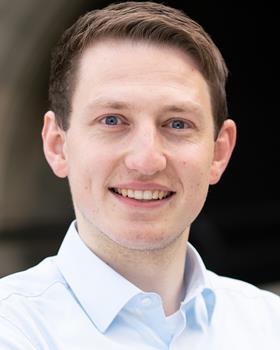
Felix Strieth-Kalthoff, Postdoctoral Fellow
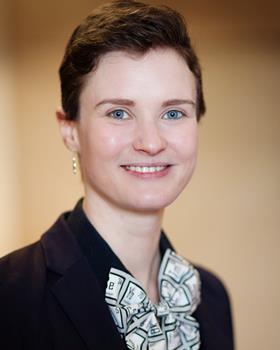
Nessa Carson, Digital champion
AI and Automation chemistry
This February, read our special collection of articles that take an in-depth look at how automation and artificial intelligence are revolutionising chemistry. From robots in the lab to machine-led research, technology is increasingly shaping how chemists approach their subject. But will it be revolution or evolution: are these new techniques going to make our lives in the lab a little easier or re-shape our thinking?
Sign up to our Re:action newsletter so you don’t miss it.
How will AI and automation change chemistry?

It’s going to change our lives. But it’s not clear in what ways
- 1
- 2
- 3
- 4
 Currently
reading
Currently
reading
Robots in the lab – learn how automation can streamline your workflow
- 6
- 7
- 8
- 9













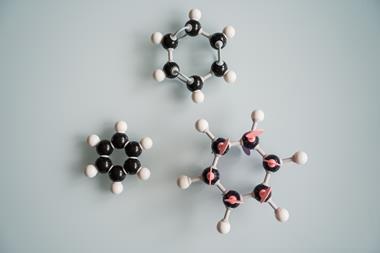
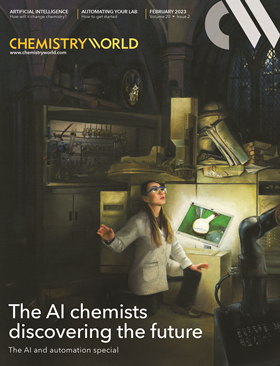








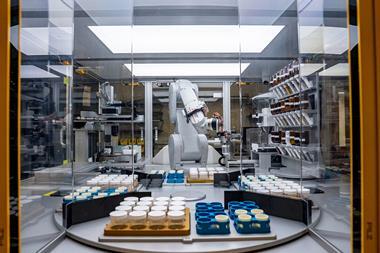
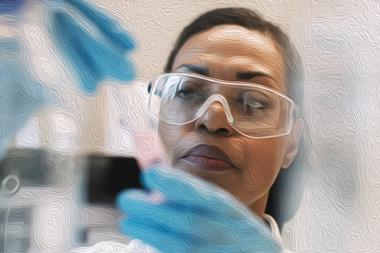
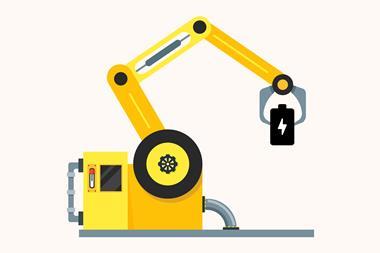




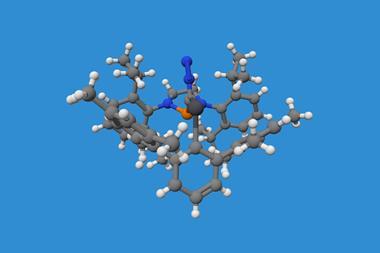
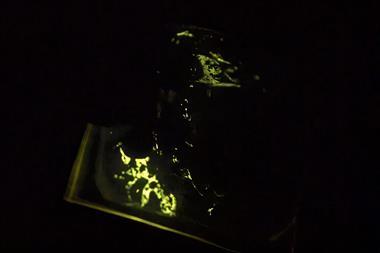





No comments yet